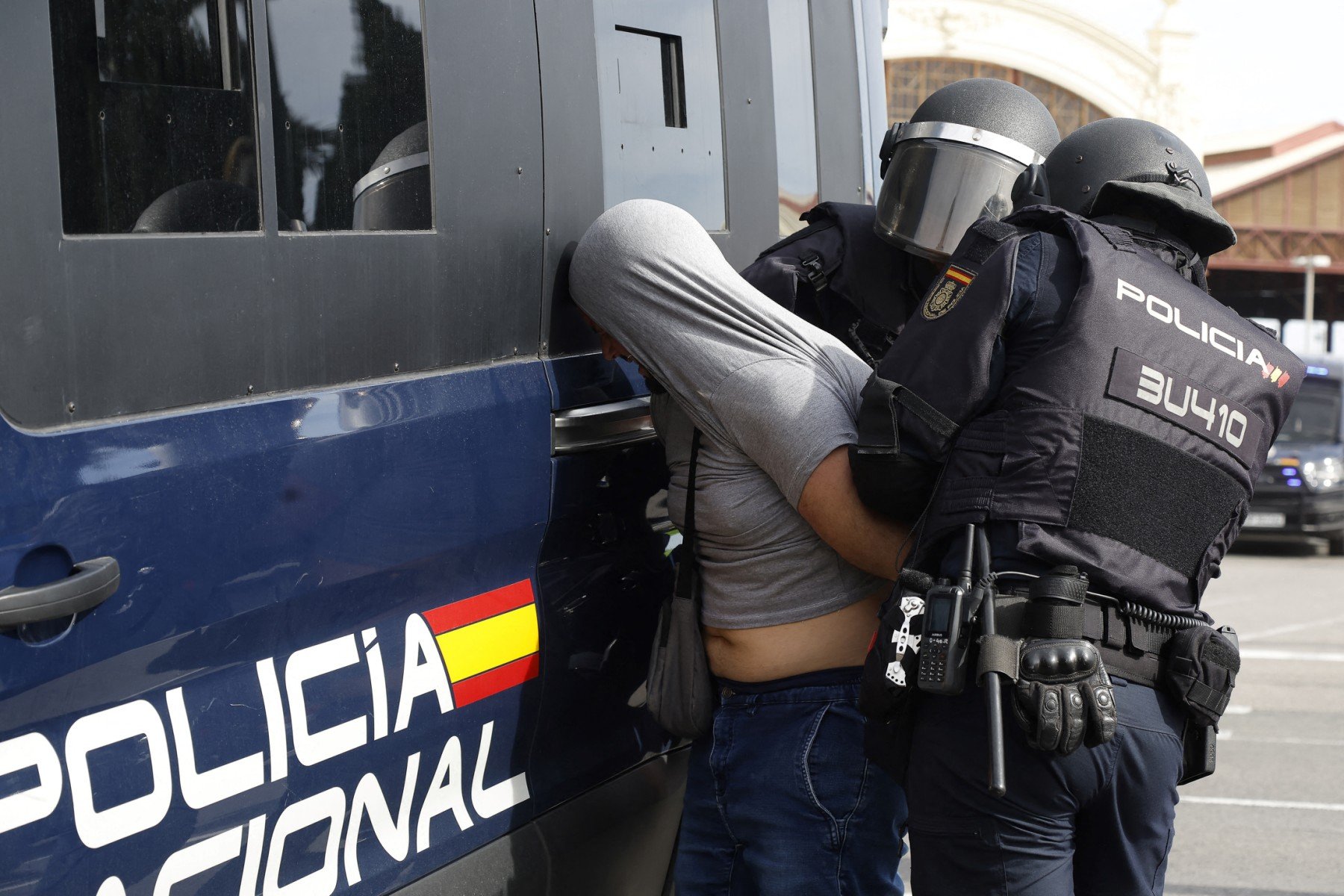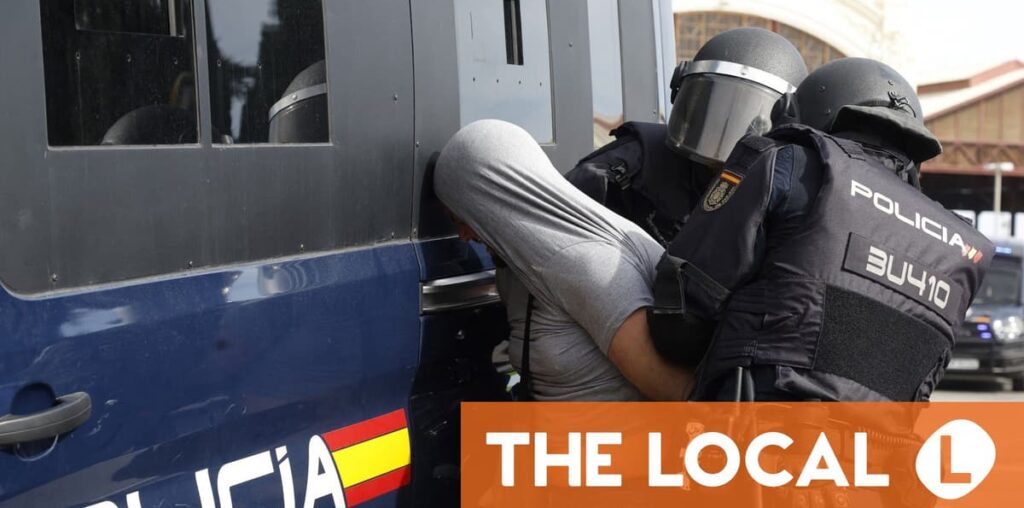
Understanding the rules when abroad is always important. It can help you to avoid accidentally falling foul of the law, as well as any potential consequences, but it also allows you to to better understand your rights.
Wherever you are, the police – how they look, behave, what they can and can’t do, even down to their demeanour or whether they carry guns or not – might be different to what you’re used to in your native country.
Though police stop and search practices haven’t been as politicised or a large part of public discourse in Spain as they have in other countries around the world in recent years, knowing what Spanish police can and can’t do is an important way of protecting yourself.
READ ALSO: EXPLAINED – What are the laws around cannabis in Spain?
Many might wonder about stop and search powers in Spain. Is it legal? Can the police always search you?
What exactly are the rules on stop and search in Spain?
To understand this, we need to take a look at Organic Law 4/ 2015, on the protection of citizen security, commonly known in Spain as the ‘Gag Law’.
The Gag Law has long been controversial, and long-awaited reforms have been bouncing around the Spanish Congress for some months now. Though the final text isn’t yet 100 percent confirmed, it doesn’t seem, for now, that the law will do anything to change stop and search powers.
You can read The Local’s reporting on the proposed reforms below.
READ ALSO: Weed, insults and rubber bullets: The changes to Spain’s divisive gag law
Advertisement
Looking at the existing law, in terms of stop and search rules in Spain, Article 18 establishes:
“1. Police officers may carry out the checks on persons, goods and vehicles that are necessary to prevent weapons, explosives, dangerous substances or other objects, instruments or means that generate a potentially serious risk to persons, susceptible of being used to commit a crime or alter public safety, from being illegally carried or used in public roads, places and establishments, when they have indications of their possible presence in such places, proceeding, where appropriate, to their intervention. To this end, citizens have the duty to collaborate and not hinder the work of the agents of the authority in the exercise of their functions.
So yes, Spanish police can stop and search you in the street. This could be for suspected weapons, explosives or dangerous substances, which includes drugs and can be considered a ‘crime against public health’.
READ MORE: What are the penalties for drug possession in Spain?
The key phrase here seems to be “when they have indications of their possible presence in such places, proceeding, where appropriate, to their intervention.”
Obviously, this is subjective and seems to give police officers some leeway (for better or worse) on their justification for the stop and search. It basically means what we might call in English ‘probable cause’ – in other words, do the police have reasonable cause to believe you are or are about to commit a crime?
What exactly is considered an “indication” is largely legally undefined, however. The police officers are supposed to tell you why they’ve stopped you, and why they want to search you.
Similarly, you must cooperate with the search: “citizens have the duty to collaborate and not hinder the work of the agents.”
Recording or photographing police officers is generally a big no-no in Spain, and in certain circumstances can even break the Gag Law. Whereas in other countries trying to record a stop and search for your safety may be common, in Spain this could potentially escalate the situation.
Also, unlike in other countries where you might not have to legally identify yourself to the police, in Spain the police can request your I.D document and you could even be fined and taken to a police station for not having it.
Article 16 of the Gag Law covers the identification process, but the important thing to know is that Spanish police officers can request your I.D if they feel “there are indications that they [the citizen] may have participated in the commission of an offence.” So, once again, not exactly clear.
Advertisement
What about rules with regards to the search itself?
Again, legally quite vague. PolStops.eu states that, in Spain, “these interventions should only be as intrusive as necessary and minimise the harm to the dignity of the searched individual.
They should be performed by a police officer of the same sex and, if needed for privacy motives, should be carried out in a place out of sight of other people.”

